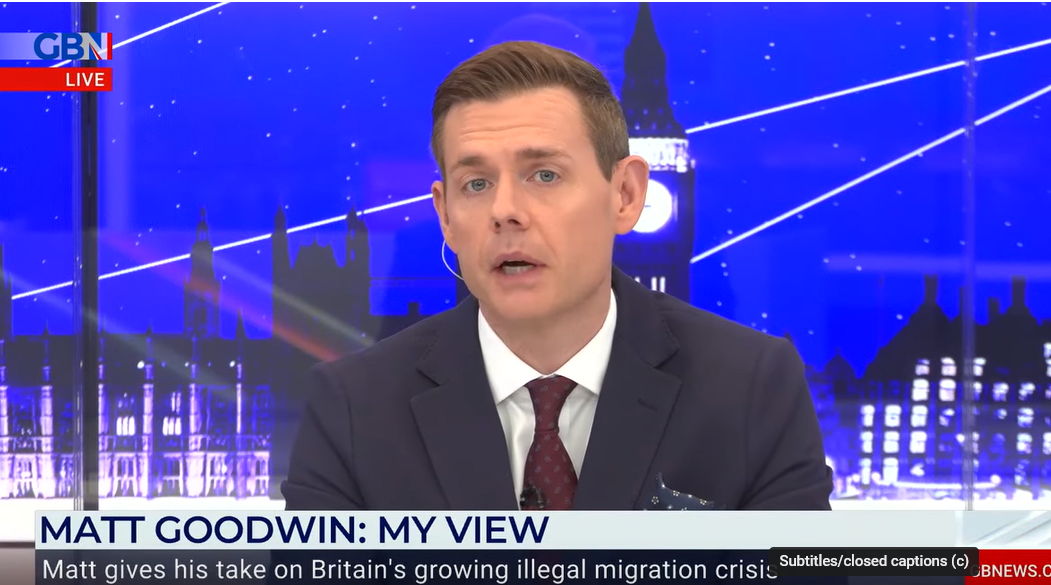
Labour leader Sir Keir Starmer is encountering resistance from within his own party regarding the inclusion of the Union Jack on campaign leaflets, with some MPs expressing concerns that the national flag is “associated with the far-right.”

According to a report by Express, this unusual pushback comes in the wake of Sir Keir’s vocal opposition to Nike’s modification of the Cross of St George on the new England kit, suggesting a potential rift within the party over national symbols.
The Guardian reports that the Labour Party’s Black, Asian, and Minority Ethnic (BAME) group at Westminster raised concerns about the use of the Union Flag during a recent meeting. An unnamed MP expressed apprehension, stating that incorporating the Union Jack into Labour’s campaign material could be detrimental, particularly in university towns and areas with significant ethnic diversity.
The MP remarked, “I can see how it would work in some places but it’s definitely detrimental in university towns, and in heavily BAME seats. For a lot of communities, we are talking about colors that are associated with the National Front or another far-right group.”
According to the Guardian, several MPs and activists have indicated their refusal to distribute leaflets featuring the Union Jack, signaling a growing dissent against Sir Keir’s leadership, especially as the nation gears up for an election year.
Home Secretary James Cleverly has questioned the rationale behind the objections raised by Labour Party members regarding the national symbol. Taking to social media, Cleverly posted, “Some of Keir Starmer’s MPs don’t like the Union Jack. Why?”
Ben Habib, deputy leader of Reform UK, echoed Cleverly’s sentiments, condemning Labour’s stance and accusing the party of betraying the nation. He asserted that Labour “should be ashamed of itself” for succumbing to such sentiments.
The controversy surrounding the Union Jack, also known as the Union Flag, highlights deeper tensions within the Labour Party and raises questions about the party’s messaging and identity. The flag, adopted in its current form over two centuries ago, is widely recognized as a symbol of national pride and unity.
Commenting on the reluctance of Labour MPs and activists to embrace the flag, one individual quipped on social media, “Yeah, no reason for a party running in the UK to put the UK flag on its flyer…what is going on?” Another suggested, “Maybe they’d be happier with the Palestinian flag…?”
A video distributed to activists and organizers reportedly emphasized the prominence of the Union Jack alongside “Labour red” in the party’s election branding. Abdi Duale, a member of Labour’s ruling National Executive Committee, emphasized the importance of embracing diversity while also celebrating national identity. He stated, “Britain’s strength is in its diversity, and our communities are hugely proud of our nation and its flag. Labour is running a proudly progressive and patriotic campaign that celebrates all our communities and that includes using our flag.”
The ongoing debate surrounding the Union Jack underscores broader discussions within British politics regarding nationalism, identity, and inclusivity. As the nation approaches a pivotal election, the controversy surrounding this iconic symbol reflects the challenges facing political leaders in navigating complex societal dynamics and addressing the diverse concerns of their constituents.




